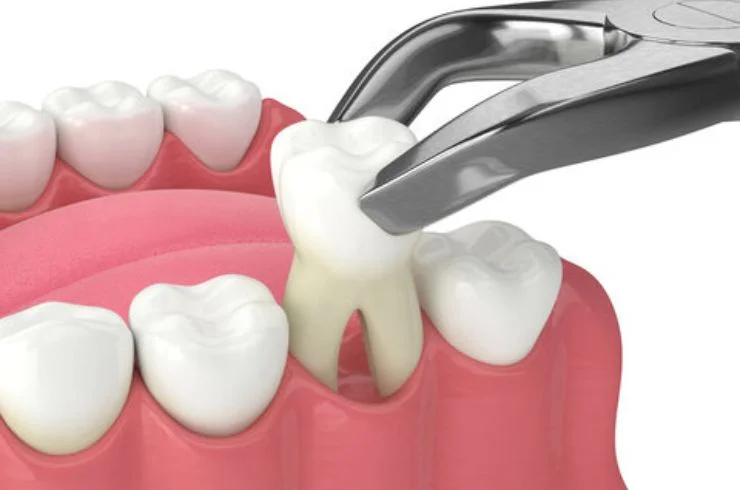
What is Tooth Extraction?
Tooth extraction is a dental procedure in which a tooth is removed from its socket in the bone. This procedure is typically necessary when a tooth is severely decayed, damaged, or infected, or when it causes overcrowding or other dental issues that cannot be addressed with other treatments. Tooth extraction can also be needed for impacted wisdom teeth or to create space for orthodontic treatment. While the idea of losing a tooth can be concerning, extraction is often the best solution to prevent further dental complications, reduce pain, and improve oral health, especially when other treatments are not viable.
How is the Procedure Done?
Tooth extraction typically begins with the dentist or oral surgeon administering a local anesthetic to numb the area around the affected tooth. In cases where the extraction is more complex or if the patient experiences dental anxiety, sedation may be used.
Who Should Consider Tooth Extraction?
Tooth extraction is usually considered when other treatment options, like fillings or root canals, are not sufficient. Common reasons for extraction include:
Benefits of Tooth Extraction
Aftercare & Recovery
After a tooth extraction, it is normal to experience some discomfort and swelling. Following proper aftercare is crucial to ensure proper healing:
Tooth extraction is a routine procedure, and with appropriate care, patients typically recover quickly and resume normal activities.